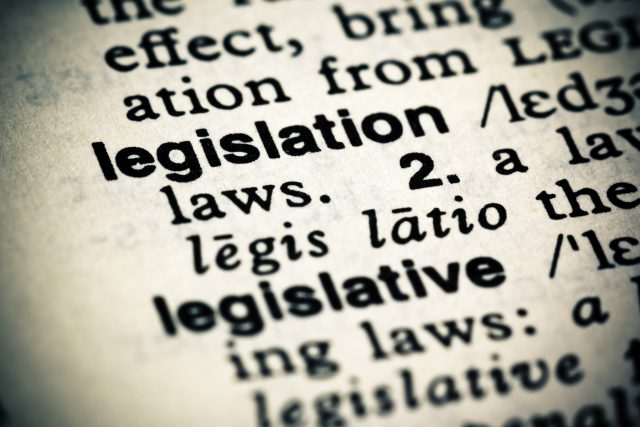Government consults on no and low-alcohol drinks threshold
By Jessica MasonThe British government is seeking views on whether to raise the threshold for describing a drink as “alcohol free” to 0.5% ABV.

The threshold in the UK for “alcohol free” labelling is currently 0.05%. However raising the threshold to 0.5% ABV would put Britain in line with countries including the US, Denmark, Germany, Australia, Sweden, Portugal, and Belgium.
Speaking to the drinks business, Rob Fink, founder of alcohol-free only brewer Big Drop explained: “0.5% may only be a trace of alcohol but it makes all the difference to taste. All 0.0% beers have had the alcohol removed and that can ruin the taste. A 0.5% beer, however, has been naturally brewed using traditional methods and end result is a beer so good you won’t miss the alcohol.”
Mulling the discussions ahead of a public consultation that begins today, public health minister Neil O’Brien said: “No and low alcohol drinks are getting more and more popular, and we are looking to further support their growth. Many other countries around the world already allow more freedom over this. Liberalising labelling guidelines could also help people make more informed choices about the drinks they buy. We want to encourage the growth of no and low alcohol alternatives for those looking to moderate their alcohol intake.”
The government has been clear that these products should not be marketed to children or consumed by them and is seeking views on measures it can take with industry to prevent children and young people from accessing and consuming these products, including potential age restriction warnings on products. Views are also being sought on whether to update labelling guidelines, so that manufacturers display the alcohol percentage on any no or low- alcohol product clearly on the bottle.
Partner Content
Marcos Salazar, CEO of the Adult Non-Alcoholic Beverage Association (ANBA) pointed out that “as the no and low-alcohol category continues to grow and provide greater choice for consumers looking to reduce their alcohol consumption, it is essential that there is consistency between the UK, European, and other international markets in terms of labelling. The ANBA welcomes the Department of Health and Social Care’s decision to launch this consultation today, and will continue to work closely with the government to help support its aims of increasing the availability of alcohol-free products for consumers”.
Matt Lambert, CEO of The Portman Group admitted: “We welcome the new consultation, which we hope will help result in greater clarity on labels and encourage further uptake of low and no alcohol alternatives. Our annual polling repeatedly shows that these products are already helping UK consumers moderate their drinking and avoid harms such as drink driving. It is also an important opportunity to highlight the continued commitment of producers to market and sell these products responsibly to adult consumers.”
Emma McClarkin OBE, CEO of the British Beer and Pub Association (BBPA) also revealed that “the BBPA has been calling on government to review low alcohol descriptors for many years. We welcome proposals to align the low alcohol descriptors with those of nearly all other global markets. This will create a fairer trading environment for British brewers and pub operators, stimulate innovation and growth in the low and no alcohol category and provide much needed clarity for British consumers. Labelling of low alcohol drinks must be relevant and clear, and not risk confusing consumers”.
McClarkin added: “British brewers are leading the charge in the development of low and no alcohol beer, with over 85% of pubs already offering at least one alcohol free beer. I am proud to have been able to take this even further by working with our members and government on a series of voluntary commitments that I hope will drive even greater awareness of the category and promote availability of low and no alcohol options in pubs across the UK, cementing their vital role in supporting the health and wellbeing of the communities they serve.”
Related news
Inside Laithwaites' partnership with Channel 4
How low can you go: will en primeur price cuts tempt the market?




